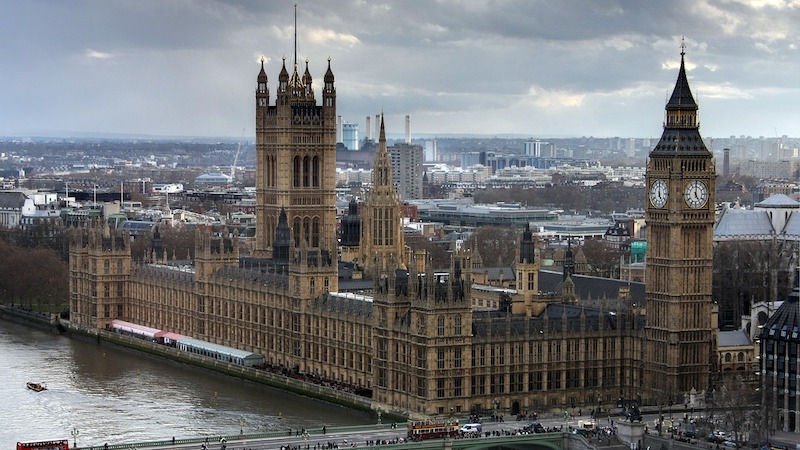There were no fireworks, no church bells. No street parties. The paperwork committing the UK to stop heating the climate by 2050 was presented this week with British understatement.
Legally, it is a deceptively simple matter: a statutory instrument to swap “80%” emissions cuts in the Climate Change Act for “100%”. Approval by both houses of parliament is expected to follow within weeks – Sepi Golzari-Munro explains the process in this tweet thread.
The actual work of creating a carbon-free major economy is harder, as the Committee on Climate Change made clear in its advice last month. Distracted by a leadership contest, the Conservative government has yet to explain how it plans to close the policy gap.
Still, it sets a clear deadline. Japan’s long-term plan, released by the cabinet, is rather vaguer. The country aims to go carbon neutral “at the earliest possible time” after 2050, while continuing to burn coal indefinitely. It relies heavily on innovation in carbon capture and hydrogen fuel to meet the goal.
Meanwhile the EU is aiming to formalise a 2050 target by early 2020, according to draft council conclusions obtained by Euractiv. But European Commission president Jean-Claude Juncker said the bloc should not hike its ambition for 2030.
Losing track of the net zero trend? Bookmark our round-up of national policies, projections and laws, which will be updated regularly. If we’ve missed something, let me know by email: [email protected].
Some Climate Home News news…
We are pleased and proud to welcome Chloé Farand, one of the UK’s most talented climate journalists, to our team as a senior reporter.
She joins us from DeSmogUK, where her work on frontier oil companies on the London Stock Exchange was nominated for an online media award. Chloé has also written for the Guardian, the Independent and BBC’s From Our Own Correspondent. Follow her here.
1.5C outlook
In a move that could give governments the confidence to accelerate their clean energy transitions – or scare them off – the International Energy Agency has started exploring a scenario in line with a 1.5C global warming limit.
We exclusively revealed the agency is consulting experts with a view to incorporating the tougher temperature target into its influential World Energy Outlook this year. That answers pressure from climate advocates to stop normalising dangerous levels of fossil fuel consumption.
It’s bound to be contentious, not least with the US, the body’s biggest funder, which under its current administration is firmly wedded to dirty ol’ energy sources. Watch this space.
Internal cringe
UN Environment tied itself in knots trying to reconcile expert staff views with official policy on carbon offsetting. An article on its website attacking the concept as “no longer acceptable” was retracted after questions from Climate Home News and replaced with a softer line.
The agency, like others in the UN, continues to buy carbon credits from the scheme administered by UN Climate Change to make up for emissions from flights and other activities. It is an “intermediate solution”, the article’s author stressed.
This gaffe comes ahead of interim negotiations in Bonn on the controversial issue of whether and how to continue Kyoto-era carbon trading schemes under the Paris Agreement.
